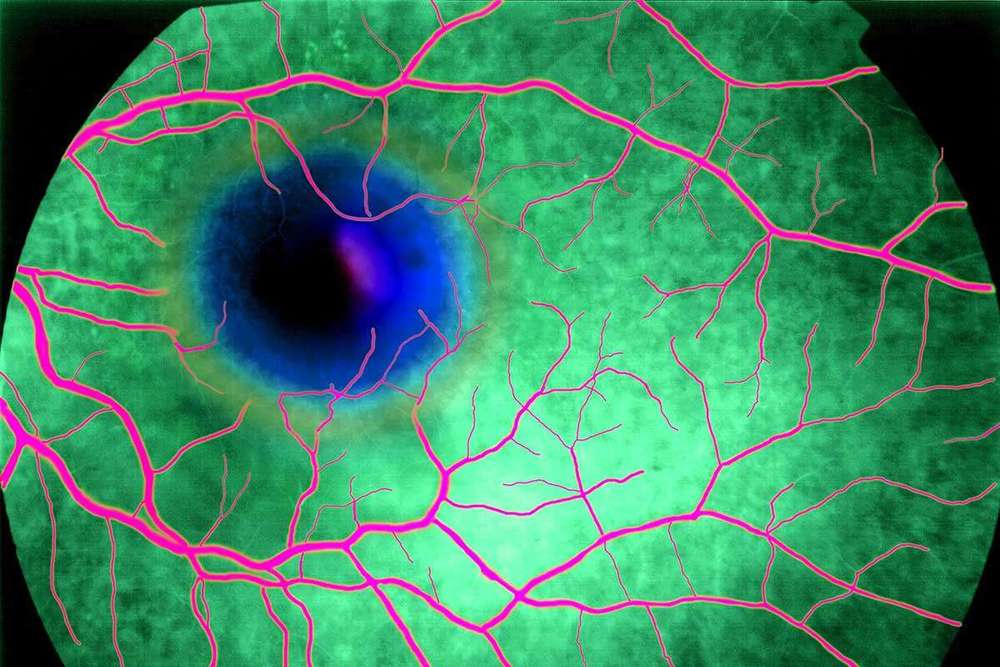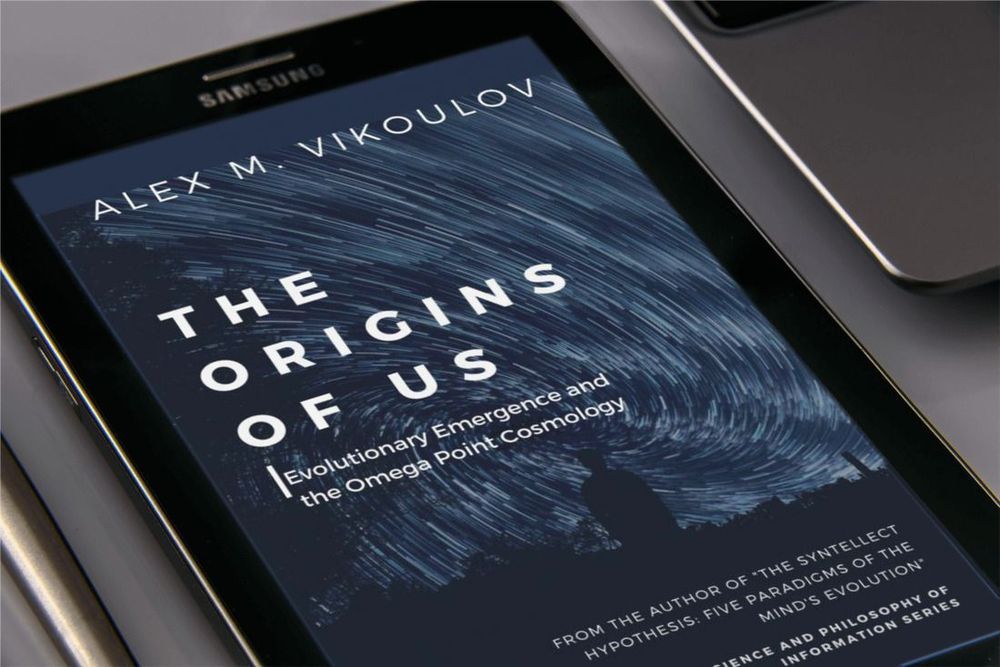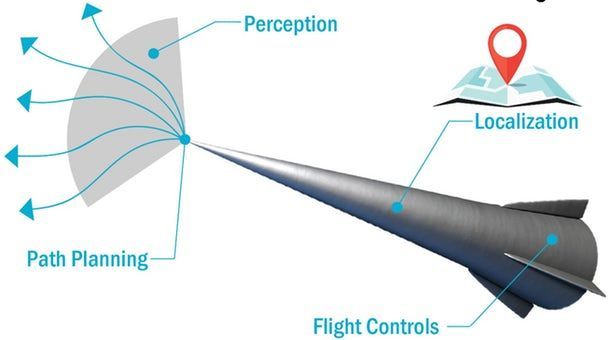The AI won 7,215 matches against humans, losing only 42 in the process.


Elon Musk believes humans must link up with machines in order to fight the inevitable onslaught of artificial intelligence.
In a recent tweet, the SpaceX and Tesla CEO said technology from his latest company, Neuralink, will be ‘coming soon.’
Musk has yet to offer up any more details on when or how the tech will come to fruition.


Mesenchymal stem cells (MSCs) have been a topic of great interest in the last decade or so due to their ability to improve tissue regeneration merely by their presence and the secreted signals they give out.
Adult MSCs have traditionally been used for regenerative medicine with hit-and-miss results, depending on the quality and age of the harvested MSCs. It has been discovered in recent years that the efficacy of these cells greatly depends on how damaged by aging they are, which explains why MSC therapy sometimes works very well in one person but not so much in another.
However, what about aged cells that are reprogrammed back to pluripotency then guided into becoming mesenchymal stem cells through cellular reprogramming?


Ecstadelic Media Group releases a new non-fiction book The Origins of Us: Evolutionary Emergence and The Omega Point Cosmology by Alex M. Vikoulov as a Kindle ebook (Press Release, San Francisco, CA, USA, April 22, 2019 01.00 PM PST)
The Science and Philosophy of Information book series is adapted for general audience and based on the previously published grand volume titled “ The Syntellect Hypothesis: Five Paradigms of the Mind’s Evolution” by digital philosopher Alex Vikoulov on the ultimate nature of reality, consciousness, the physics of time, and philosophy of mind. In this book one of the series, the author addresses some of the most flaming questions in science and philosophy: Where do we come from? What are the origins of us? What is our role in the grand scheme of things?
“# 1 Hot New Release” in Amazon charts in Cosmology and Evolution, the book starts with a story that happened almost exactly 400 years ago that has had a tremendous “butterfly” effect on us modern humans.

Sandia National Laboratories (SNL) has announced that it has set up an academic research coalition to help create artificially intelligent aerospace systems to control hypersonic missiles and other complicated vehicles in challenging environments. Called Autonomy New Mexico (NM), the organization consists of numerous US universities and aims at making hypersonic craft capable of autonomously controlling their own flight.

Why do protected areas have to be interconnected?
With its annual report “Environment Frontiers”, the United Nations Environment Programme (UNEP) outlines the challenges that will have a decisive influence on the natural foundations of life on our planet in the future. In their report 2018/2019, the authors call “Ecological Networking: Bridges to Greater Biodiversity” one of the great challenges of the future.

“No matter what side of any issue you may find yourself, there is no denying the power of a popular movie or TV show to ignite an intense debate or even a casual conversation about socially relevant issues,” Dergarabedian said. “And often the best way to do that is within a giant superhero extravaganza.
Monday is Earth Day, and later this week, the premiere of ‘Avengers: Endgame.’ The two are not dissimilar. As superheroes fight genocide-survivor turned villain Thanos, the environmental message is clear: resource scarcity and overpopulation.
At the ‘Tesla Autonomy Day’ today, Tesla unveiled all the details about its new Full Self-Driving computer, which CEO Elon Musk claims is ‘objectively the best chip in the world’.
The automaker has been talking about this new computer for years now.
Earlier this month, Tesla announced that the new Full Self-Driving (FSD) computer, previously known as Autopilot Hardware 3.0, is now in production.